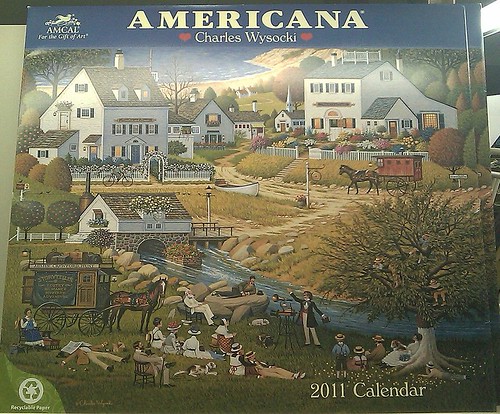From
Writer's Almanac:
October 21 is the birthday of the Romantic poet Samuel Taylor Coleridge, born in England (1772). He was an extremely ambitious young man, who lectured on religion, wrote journalism, and single-handedly tried to launch his own magazine. But he was exhausting himself and falling into a depression when he was introduced to the poet William Wordsworth. They met only briefly in 1795, but they struck up a correspondence and began exchanging poems. Wordsworth encouraged Coleridge to stop writing journalism and focus on poetry, and Coleridge took the advice. His poetry made him happier and happier, and after finishing a long and ambitious poem, he decided he needed to see Wordsworth in the flesh, so he set out to walk to Wordsworth's house, miles away. The walk took several days and when he approached Wordsworth's home, he was so overcome with happiness that he leapt over the gate and ran down the field to Wordsworth's house.
That first year of their friendship was the most productive period of Coleridge's life. They both liked to compose their poetry while walking, so they took long walks together throughout that summer, though Wordsworth preferred to stay on the path while Coleridge liked rough terrain. That winter, they took spent several days hiking along the coast, and to pass the time they made up a gothic ballad about a tragic sea voyage. Coleridge became obsessed with the poem when he got home, filling it with images from nightmares he'd had since he was a kid. It became his masterpiece, "The Rime of the Ancient Mariner" (1798), the story of a sailor who brings a curse on his ship when he kills a bird and for the rest of his voyage he is tormented by sea monsters and the ghosts of his dead shipmates.
But within a few years of writing "The Rime of the Ancient Mariner," Coleridge's life began to fall apart. He became addicted to opium, which ruined his friendship with Wordsworth. He wrote a great book of literary criticism called Biographia Literaria (1817) but he failed to complete most of his ambitious projects, including a 1,400-page work of geography, a two-volume history of English prose, a translation of Faust, a musical about Adam and Eve, a history of logic, a history of German metaphysics, a study of witchcraft, and an encyclopedia.
His friends hated the fact that he had wasted so much of his talent. They'd all considered him the most brilliant writer and thinker they'd ever known, but he accomplished so little.
References:
Writer's Almanac.


